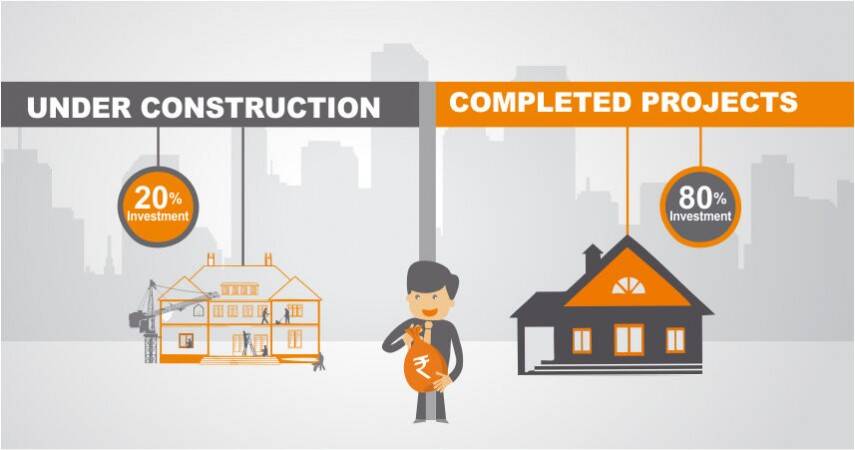The proposal that has been put forward by Sebi includes removal of the restriction which is there on Real Estate Investment Trusts regarding the investments in the SPV i.e. the special purpose vehicle. Along with this the norms regarding the transaction of parties would also be smoothened and eased.
These proposals will help in increasing the investments by almost 20 percent by REITs in all the under-construction projects.
Relaxation would also be made regarding the compliance of the minimum public holding rules, also for the investments made by the associate entities of any trustees.
After the board of Sebi approved the proposal for the issuance of the consultation paper for the amendments of the REIT regulations and norms, a draft paper has been put in place. Sebi is asking for public opinions and comments regarding this consultation paper till the 7th of August and the final norm would be formed after all the suggestions and opinions of the stakeholders are taken.
The REIT regulations have been notifying by SEBI in the year 2014, which allows it to set up and also allows listing of these trusts which are highly popular and in demand in various other markets. But the bad news is that not a single trust is set up yet, the reason being that investors were demanding for more tax breaks. The government has to some extent developed certain tax benefits this year in the budget, and now SEBI has further relaxed the rules and norms.
In the past few years, the real estate industry of India has grown to a great extent and the growing corporate sector has also increased the demand for the commercial spaces and building, official spaces, shopping complexes and so on. For assets like these REITs have been preferred by a lot of markets globally and can be a hit in India as well.
The major proposal that has been made in REITs is to allow investment to a limit of 20 percent in the under- construction assets/ projects while the rest 80 percent should be allowed for investment in the ready and renting properties. This amendment will help the REIT managers in getting more flexibility in terms of the composition of REIT, it will also help them in widening their portfolio of REIT by including more projects that are different stages of the construction.







